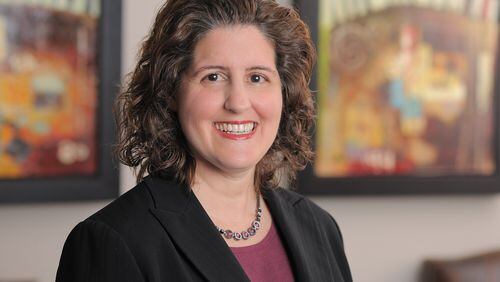After a spouse passes away or a couple divorces, the “suddenly single” spouse may find the prospect of handling finances complicated and daunting.
The financial industry is full of phrases and terminology that can be confusing. In many cases, someone else was in charge of making the financial decisions for the family. Now is the time to change your mindset around money. It’s time to realize that this is your money and your opportunity to design the future of your finances.
Realizing that you are now the decision maker can be very powerful. As with many things in life, with this honor comes responsibility.
It is critical that you take control of your finances and understand the investments within your portfolio. Do you have bonds? Stocks? Are the stocks domestic or international? What percentage of your portfolio is liquid and readily available versus tied up in longer term partnerships? Do you have a long-term financial plan? If so, what are your financial goals and objectives? What assumptions have been made regarding future income, expenses and rates of return? Does your portfolio reflect the needed “mix” to meet the rate of return assumptions and ultimately your goals and objectives?
If you are answering “no” or “I don’t know” to those questions, one option is to take control by building a team of unbiased advisers. This entails adding financial experts, including a wealth manager and CPA, to your current team (likely an estate or family law attorney). When choosing your adviser, it is important to ask how they are compensated.
There are three models: Commission based advisers, like traditional stock brokers, receive a commission with each trade. Fee based advisers can get paid in other ways beyond the fee paid by clients. Lastly, there is the fee only model. Fee only advisors are paid exclusively by their clients, have a fiduciary duty to act in your best interest, and do not receive commissions when investing your portfolio.
As the decision maker, it’s important to ask as many questions as needed until you understand the general asset mix of your portfolio and are able to articulate your long-term financial plan. Be wary of the professional who does not encourage you to ask questions. Similar to discussing a sick child with a pediatrician, no questions should remain unanswered.
Whatever your decision on hiring professionals, you will need to take time to build your financial plan. This is the time to consider your goals: short-term, mid-term and long-term. Short-term goals (0-3 years) might include building an emergency fund or saving for a home improvement project. Mid-term goals (3-10 years) include saving for a vehicle, major trip or the purchase of a home. Finally, long-term goals (10 years or more), would include things like saving for retirement or college.
Once you have your plan in place and finances in order, you can take additional steps to protect your assets. One that gives you greater control as well as protection is to freeze your credit with all three credit agencies (Equifax, Experian and Transunion). This prevents someone else from pretending to be you and opening credit accounts (i.e.: store credit cards, car or home loans, etc.) in your name without your knowledge.
All three agencies should be contacted separately and will ask a series of identification questions. Once frozen, you will receive a PIN that should be stored in a very safe place as it will be required when you need to temporarily thaw your credit to apply for a loan or other line of credit.
Developed after years of working with suddenly single spouses, these simple steps will give you the confidence to take control of your financial future and allow you to maintain your financial independence.
Tricia P. Mulcare is a principal at Atlanta wealth management firm Homrich Berg.






